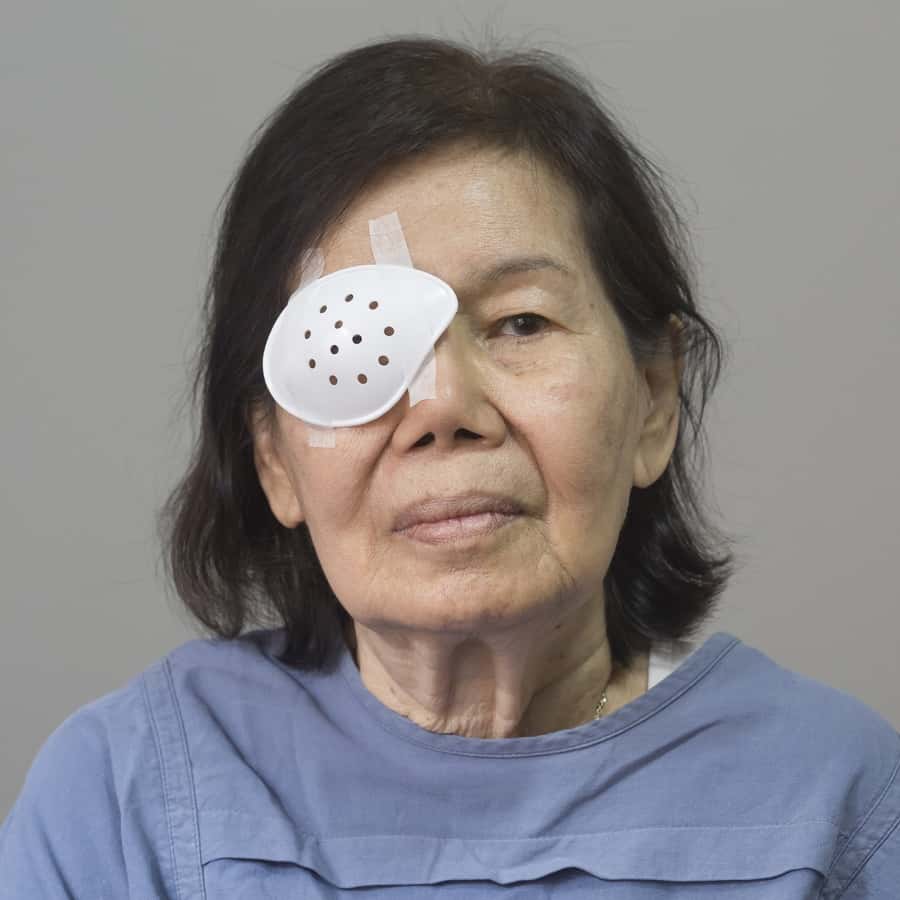
Millions of people go in for cataract surgery every year in the US. That is, however, a small proportion of the people who have clouded lenses in their eyes. Beside improving vision, cataract removal may actually help delay dementia or reduce the risk of developing it.
Studying Cataracts and Dementia:
Investigators at Kaiser Permanente Washington collected data on more than 3,000 older adults with cataracts (JAMA Internal Medicine, Dec. 6, 2021). The participants were part of a prospective longitudinal study of cognition that lasted from 1994 till September 2018. When the Adult Changes in Thought study began, all the participants were free of dementia and at least 65 years old.
This analysis included 3,038 participants diagnosed with cataracts or glaucoma. The investigators reviewed more than 23,000 person-years of follow-up data. As a result, they found that people who had their cataracts removed were 30% less likely to be diagnosed with dementia. This apparent protection lasted for at least a decade. The researchers controlled for factors such as diabetes, elevated blood pressure, heart disease and weight. Glaucoma surgery did not produce any change in dementia risk.
How Could Cataract Surgery Help Delay Dementia?
This study does not show precisely how getting rid of cataracts could help delay dementia. The authors speculate that social isolation resulting from impaired vision could be a contributing factor. Using glaucoma surgery as a comparison controls for access to health care. That’s because it does not improve vision as cataract surgery does. In addition, the investigators suggest that cataract removal allows for more blue light to strike the intrinsically photosensitive retinal ganglion cells at the back of the eye. When these cells are excited, they activate many parts of the brain. Previous researchers have found that such cells are linked to cognitive function, circadian rhythm and the risk for Alzheimer disease. Perhaps they hold important clues to how cataract surgery seems to help delay dementia.
Citations
- Lee CS et al, "Association between cataract extraction and development of dementia." JAMA Internal Medicine, Dec. 6, 2021. DOI: 10.1001/jamainternmed.2021.6990

